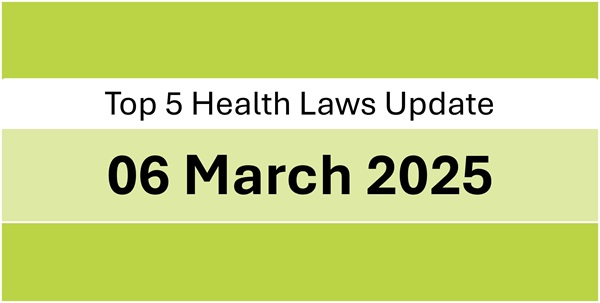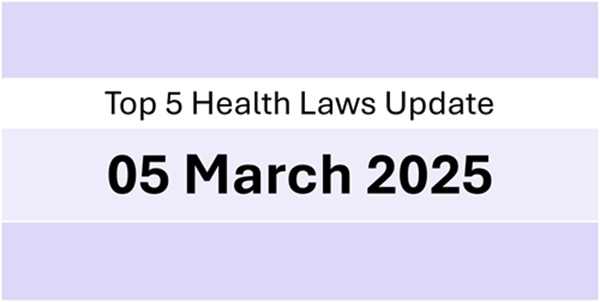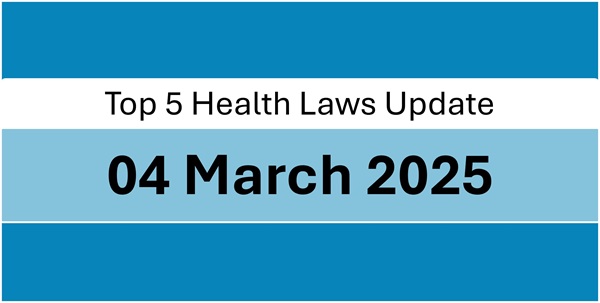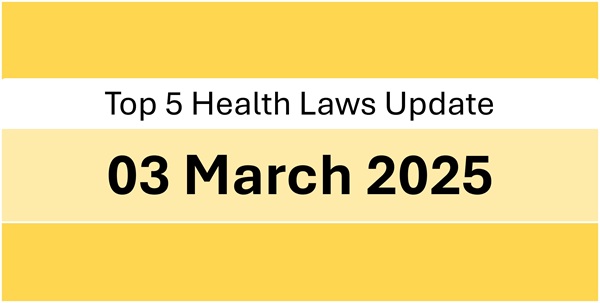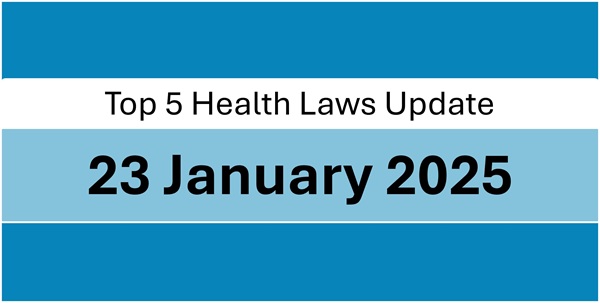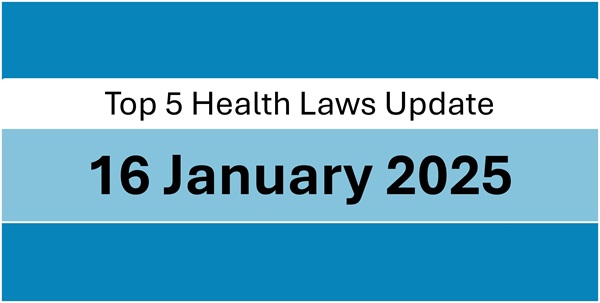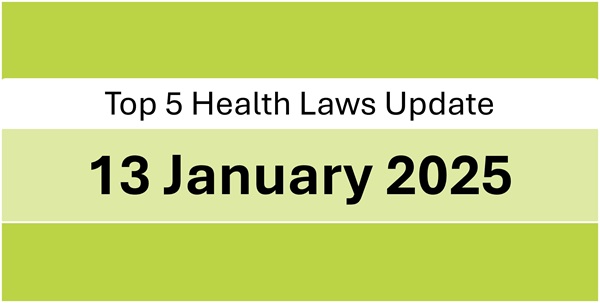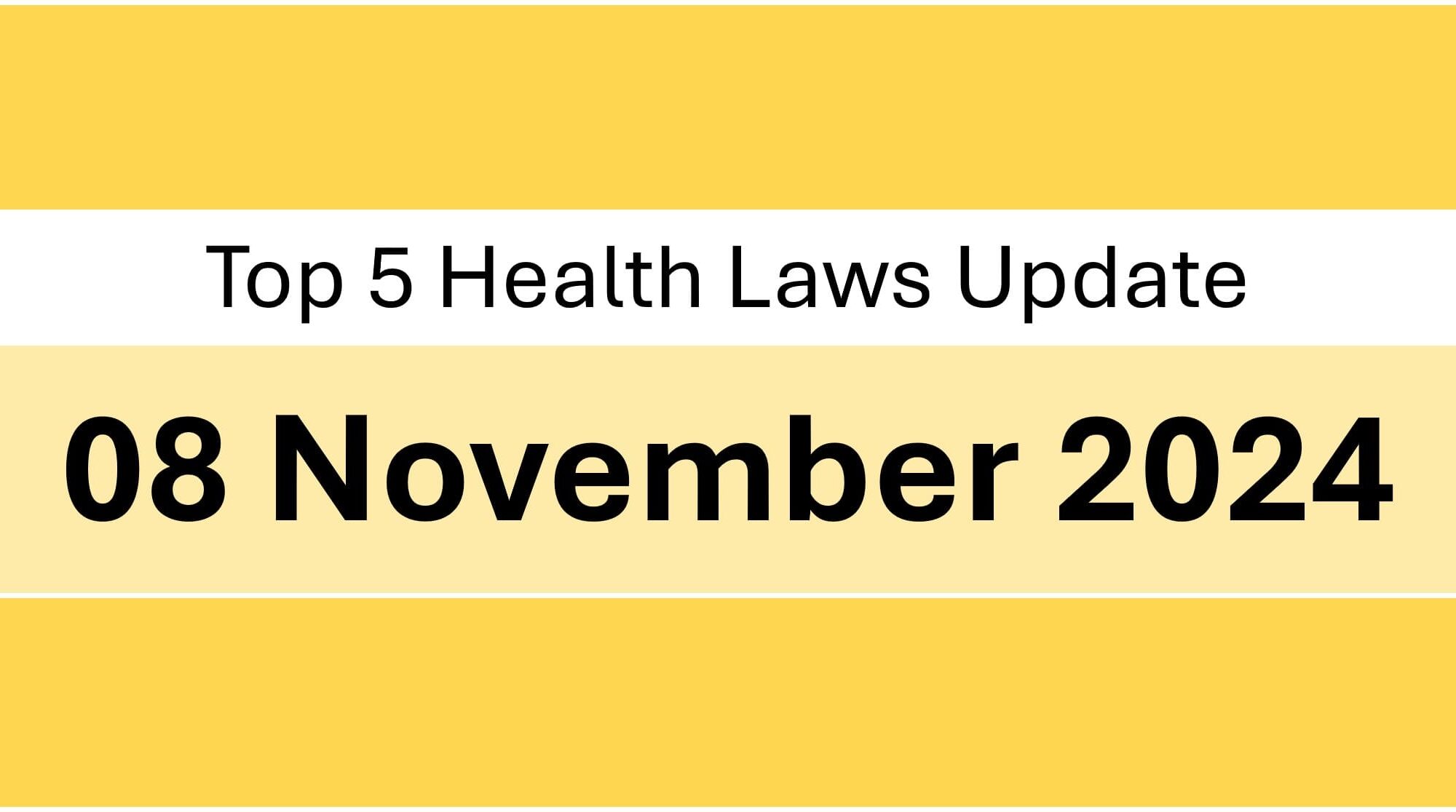Dear Readers, we are happy to share the most interesting legal and policy updates concerning health industry that we read today. we hope you enjoy reading it.
1. India’s Bombay High Court is set to decide whether donuts and cakes should be classified under restaurant services or as separate bakery products under the Goods and Services Tax (GST) framework. The former attracts a 5% GST, while the latter could be taxed up to 18%. This decision has the potential to impact the broader food service and bakery industries, as this classification may lead to higher prices for the end consumers.
Source: bit.ly/4hdF4Aj
Source: bit.ly/3F4Nw7H
2. India’s Gujarat High Court has directed enforcement of noise pollution control rules, and to frame a policy for tackling noise pollution. This direction is pursuant to alleged non-implementation of Supreme Court’s existing ruling and a notification issued by the Gujarat Pollution Control Board for noise pollution.
Source: bit.ly/4iiEcv8
3. India’s Kerala High Court has ruled that adoption by step-parent cannot be permitted unless the biological parent of the child gives consent for adoption. The court emphasized that in child custody cases, adoption without consent can have serious repercussions like denial of custody to biological parent.
Source: bit.ly/3QMfbww
4. India’s Bombay High Court has described drug addiction as a “quasi-pandemic” and has called for the implementation of a model first information report (FIR) issued by the Bureau of Police Research to address the issue of procedural irregularities and to standardize the investigations in Narcotic Drugs and Psychotropic Substances Act (NDPS Act) cases.
Source: bit.ly/4ij5guo
5. Medical tourism in India is reportedly set to receive increased investment. Further, telemedicine facilities are set to be introduced at all Primary Health Centers (PHCs), making healthcare more accessible, especially in rural areas.
Source: bit.ly/3QLT5dz

